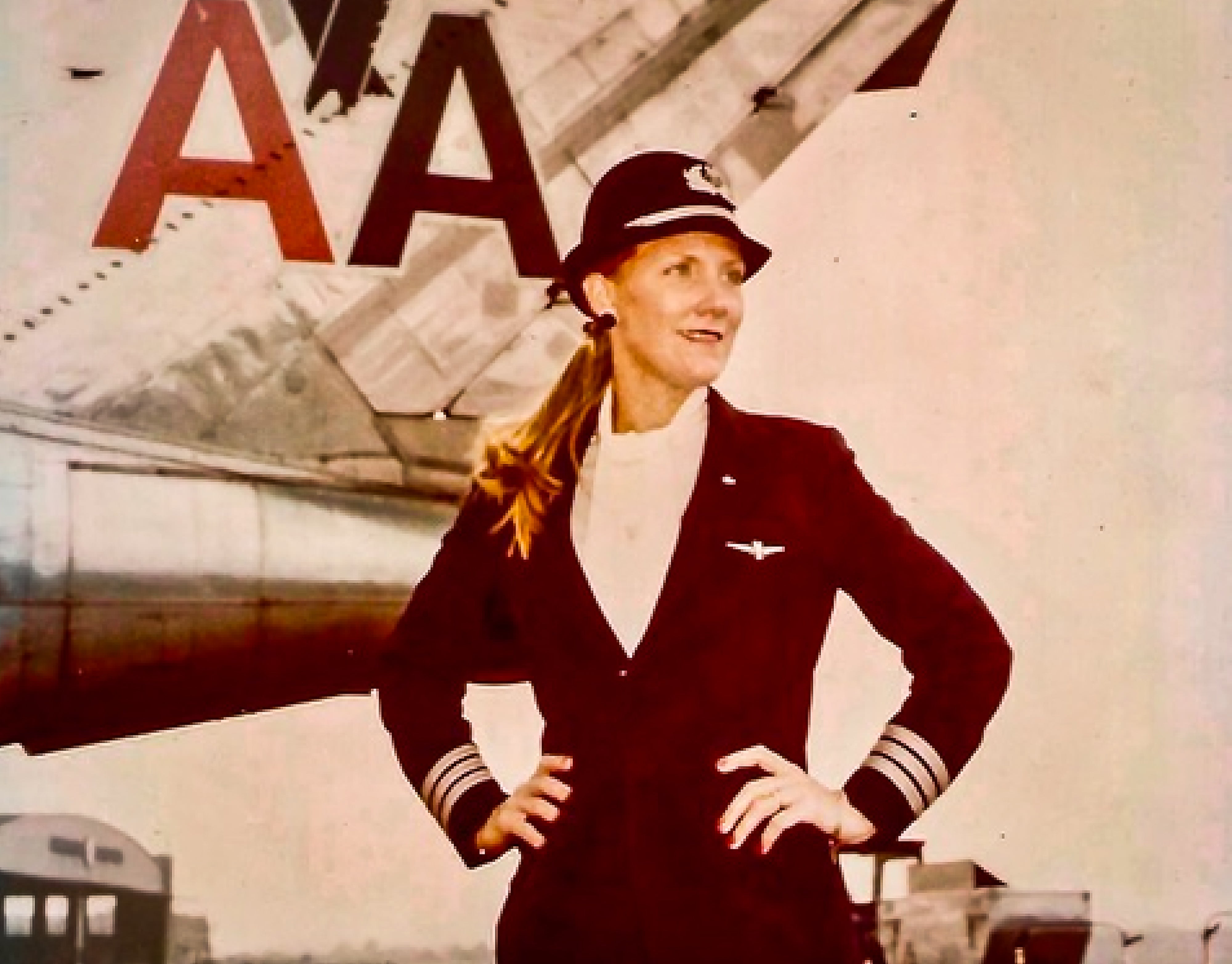Capt. Beverley Bass: American aviation heroine
"Being told 'No' always makes me want to push my limits more," Beverley Bass, 67, mused from her home in Pine Island, Florida.
Bev, who was the third woman to be hired as a pilot for American Airlines, is no stranger to the word "No." Yet we know her name today because she never let rejection get in her way.
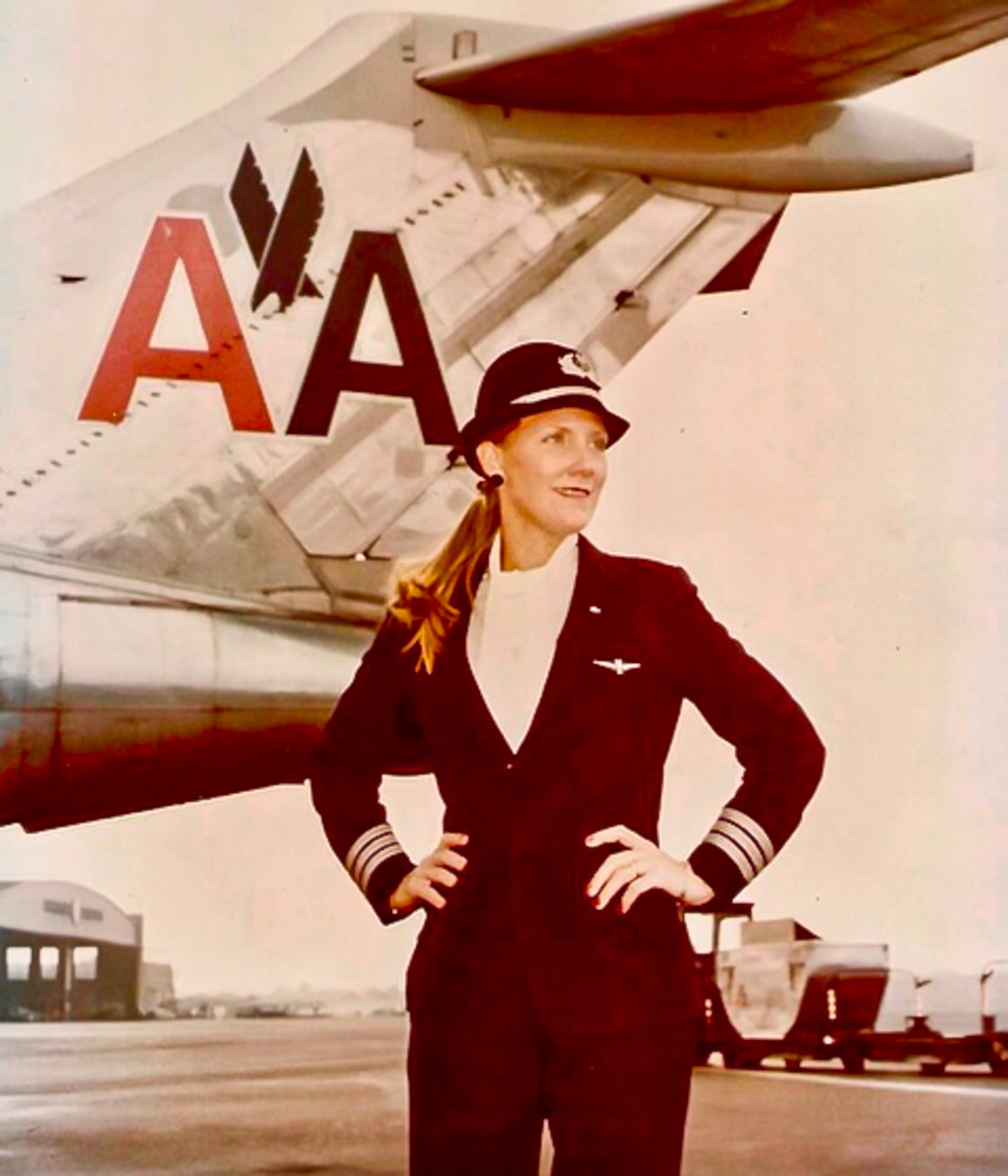
On Monday, Bev received the Hero Award at the 2019 TPG Awards in recognition of her leadership for women in commercial aviation. Among other career highlights, Bev, the first female captain for American Airlines, is best known for safely diverting a planeload of passengers to Gander, Newfoundland, on Sept. 11 — which later became the basis for Broadway musical Come from Away.
The girl who wouldn't take 'No' for an answer
"Don't tell me I cannot do something, because I'm going to prove you wrong," Bev told TPG. "I've always been that way." She was raised in Ft. Myers, Florida, and would often go hunting on horseback with her father in the Everglades, and then to fashion shows with her mother. She wanted to start taking flying lessons when she turned 16, but her parents would not agree to it as they wanted to keep her interest in the family's quarter horse operation.
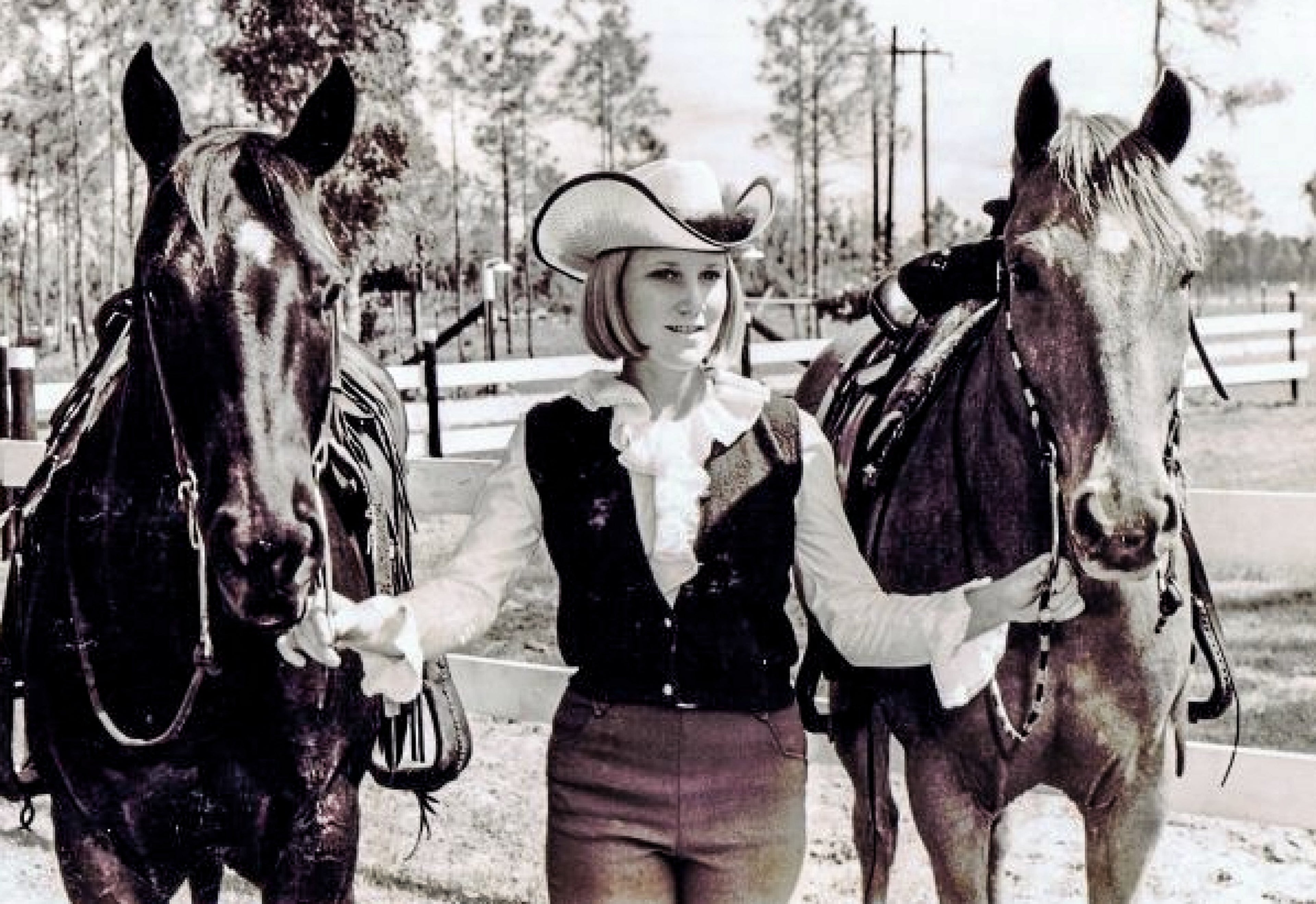
But her parents also didn't believe in setting limitations for their daughter. Although her family wouldn't allow her to fly while she lived at home, they finally caved when Bev came home after her freshman year at Texas Christian University. So she began taking lessons at Page Field in Fort Myers.
"I came home after my first lesson and told them that this was what I was going to do for the rest of my life," Bev said. And she meant it, even though there were many moments where her declaration sounded like it would fall flat.
Bev attributes her successes to her stubbornness and relentless drive to excel in her own way. "I just feel like I was always into being the best of whatever I was working on," Bev told TPG. "Even in the third grade, we had a contest, and you had to color a picture, and whomever won that contest got to see Swiss Family Robinson for free. And what do you know? I won that contest. I always wanted to be the best at anything that I did."
Bev's determination was bred from the beginning. "We showed horses for 10 years," Bev said of her early days, "and we always had to be the first ones at the facility at 4:45, 5 a.m. The gates wouldn't even be open yet. My father always said, 'It doesn't pay to be second,' and I keep hearing those words."
That ambition paid off for Bev when it came to her career aspirations in aviation. "With my parents, the way I was raised, I didn't know there was any such thing as gender discrimination," she told TPG. "I didn't know there were 'boy jobs' and 'girl jobs' growing up. So when I wanted to be an airline pilot and there weren't any women airline pilots, that didn't deter me. I just thought, 'OK, it doesn't matter: I just have to get my qualifications, as qualified as a guy, and of course [the airlines] will hire me.'"

'My darkest moments'
"October 24, 1976," Bev told TPG of her hiring date with American Airlines "It's a date you never forget: The one you begin as a pilot for an airline." But her path leading up to her interview process was a turbulent one.
Between college and her start date with American, Bev held several aviation jobs, including serving as the chief pilot of a charter department; for her very first job in the industry, Bev transported a young woman's body to Arkansas on behalf of a local mortician.
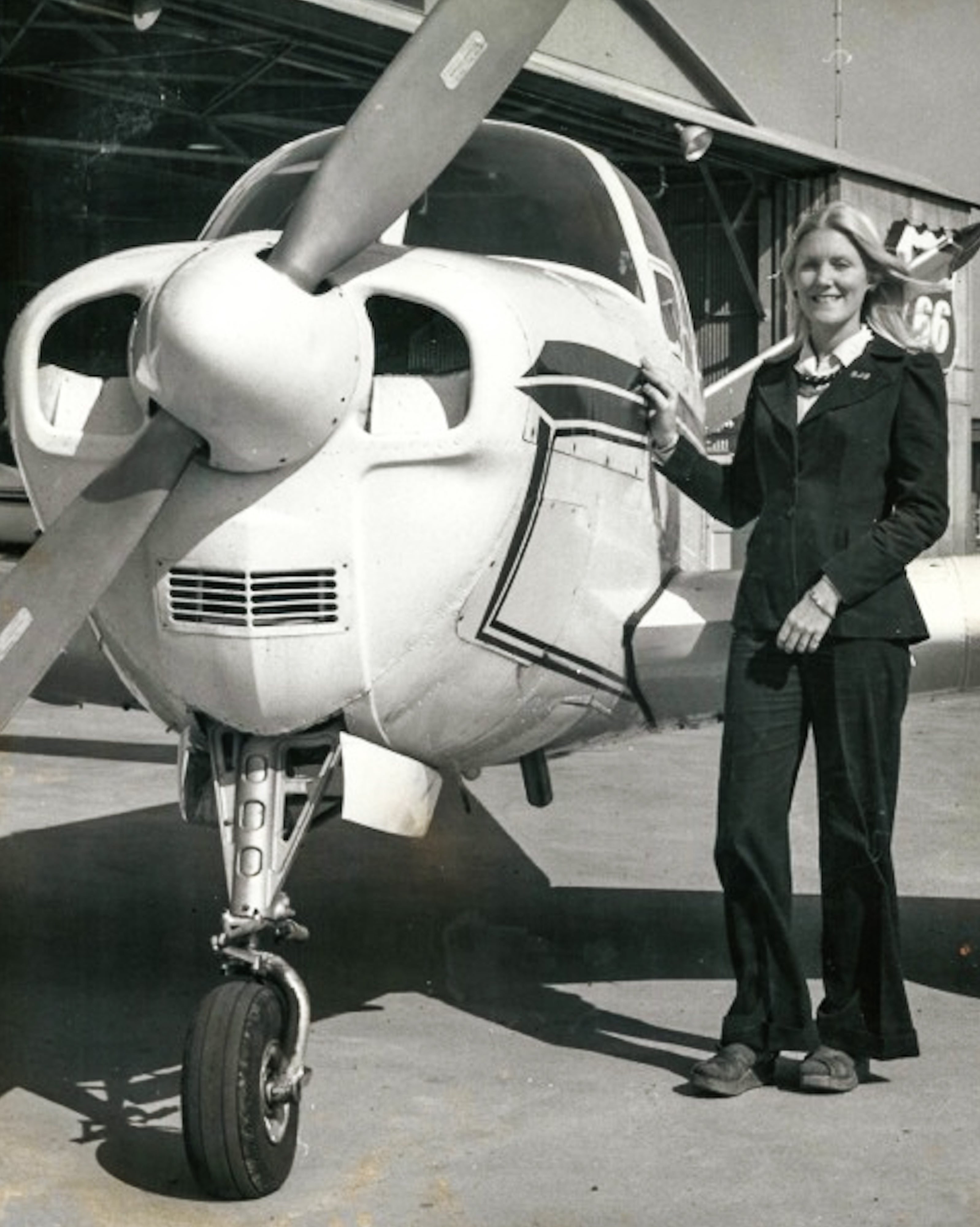
And for the final six months of her early career leading up to her American interview, Bev literally put her life on the line five nights a week, transporting miscellaneous cargo such as canceled checks for banks, foto-mat film or airplane parts in and out of Dallas Love Field Airport.
"Those were probably my darkest moments of my career," Bev told TPG. "My friends were getting hired, and my application was in at American Airlines — it was the only airline I wanted to work for. But I wasn't getting hired. At the time, Texas was a little more conservative in terms of what they would let a woman do, and certainly my contemporaries on the East and West Coasts were advancing more quickly than I was in terms of planes they could fly."
So to build up her resume, Bev maneuvered twin-engine Aztecs, Barrons and Navajos through "Thunderstorm Alley" between Texas, Oklahoma and Kansas — a region known for its sudden, violent storms, tornadoes and other dangerous weather. The planes were old and poorly maintained, and she did it all without radar to help her navigate the treacherous darkness.
"A lot of freight airplanes are not maintained as well as passenger airplanes, and we would fly them with inoperative components, no radar — it was tough flying," Bev said. "We would never fly a passenger plane like that. But it's what many of us do to build our flight hours [in order] to get hired by the airline. You put yourself through some of these obstacles to look good on your resume, if you will."
And even though she was offered an interview, the hiring process was far from over. "The most grueling part was the physical," Bev said. "We used to have a saying that you could pass the astronaut physical and [still] be pronounced 'dead' at American."
The medical part was so stringent that most people who didn't get through the pilot application process were eliminated because of the medical. "For one or two days, every single thing on you was tested: Your eyes, heart, lung strength, hearing, psychological testing. You had to have 20/20, uncorrected vision. You had to be at least five feet, six inches if you wanted to be hired back in the day."
And the grand finale of the hiring process took place around a large conference table. "There were five big pilot chiefs firing questions at you one by one," Bev said. "And then you had to fly a simulator."
'You have to be true to yourself'
Bev attributes her success to her dedication to her craft, but also credits a few other factors for her groundbreaking hire as the third female pilot for AA in 1976, and eventually rising to the ranks of becoming the first female captain for American Airlines in 1986.
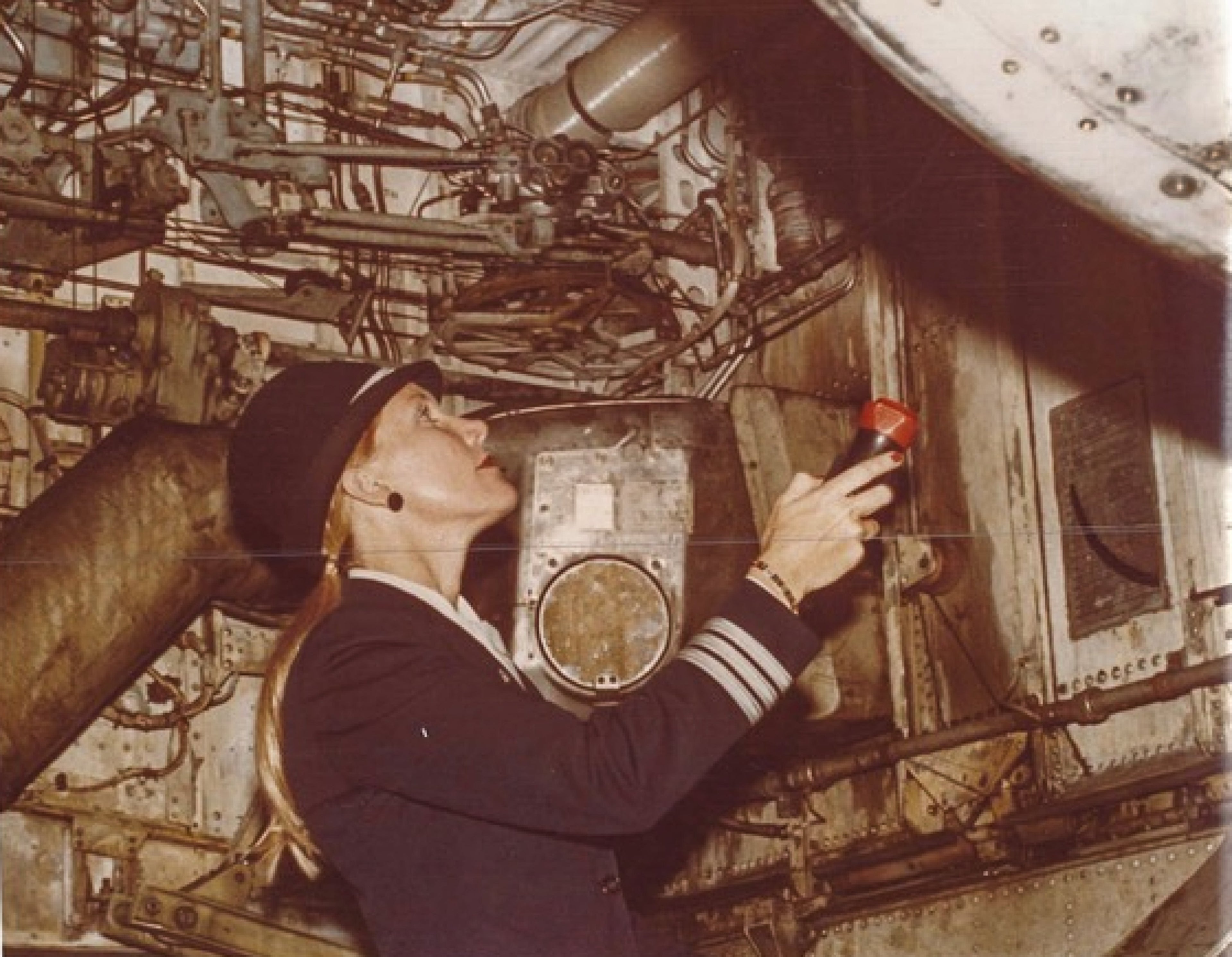
"I became qualified [as a pilot] at a time when the doors started opening up for women," Bev told TPG. "Really, the first female airline pilot [was] hired by Frontier Airlines in 1973 — her name was Emily Howell. Then, American Airlines hired its first woman pilot two months later, but she only flew for eight months before she was laid off for the next two and a half years" due to financial constraints in commercial aviation at the time, Bev said. "So in 1976 when I was hired, that's when all of the airlines started considering women [pilots]."
Bev described her "quest for reaching the top" — becoming the captain of a widebody airplane — as a goal shared by most pilots. And once she summited her personal peak, she said she was "treated beautifully" by all of her male colleagues.
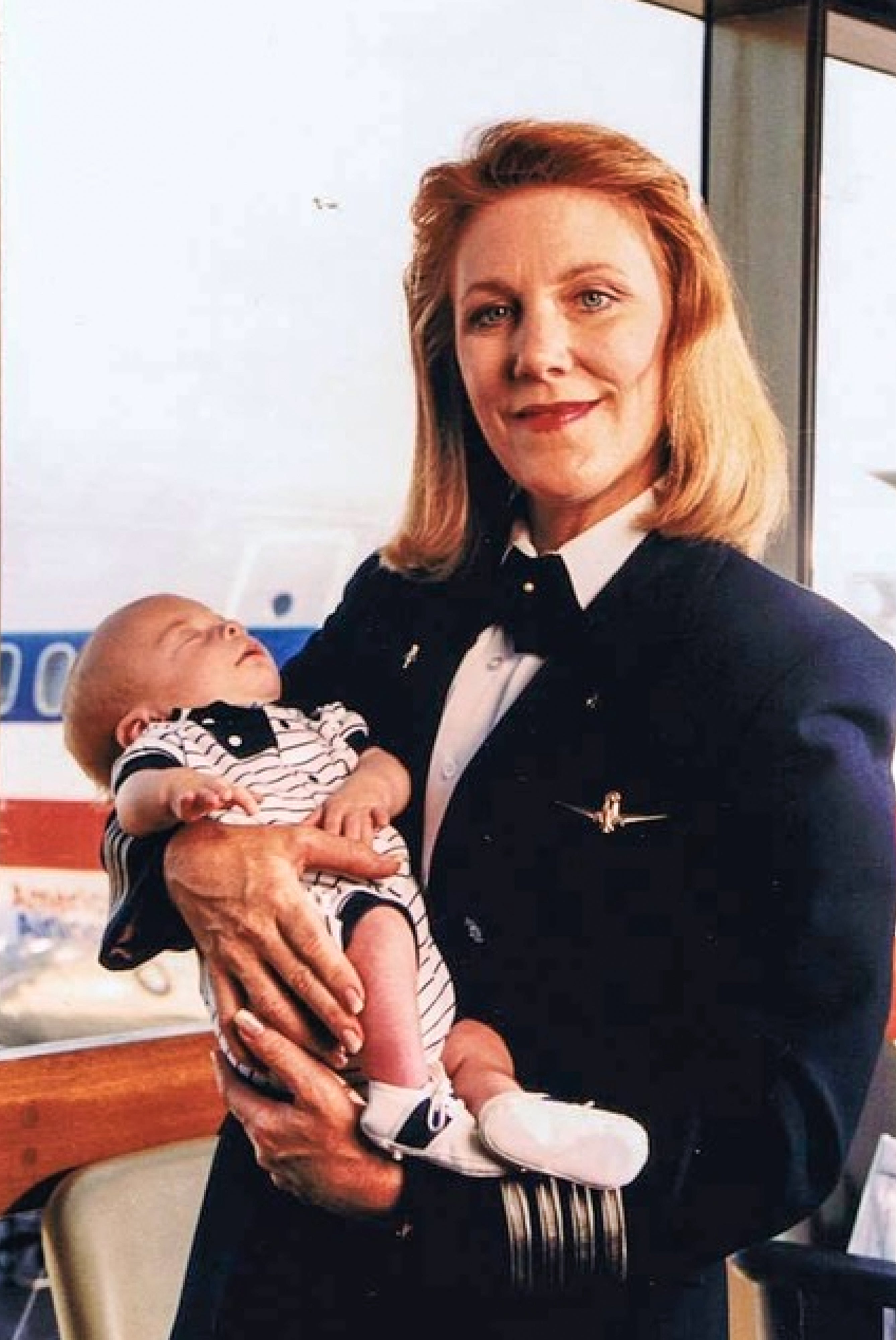
"I'm going to tell you a lot of female pilots today do not share my story," said Bev, who co-founded the International Society of Women Airline Pilots in 1978 and regularly mentors younger women in the field of aviation today. "Many are actually treated worse today than they would've been in my day." But Bev said she personally never experienced a moment of discrimination or harassment from her co-workers from the minute she became an American Airlines employee.
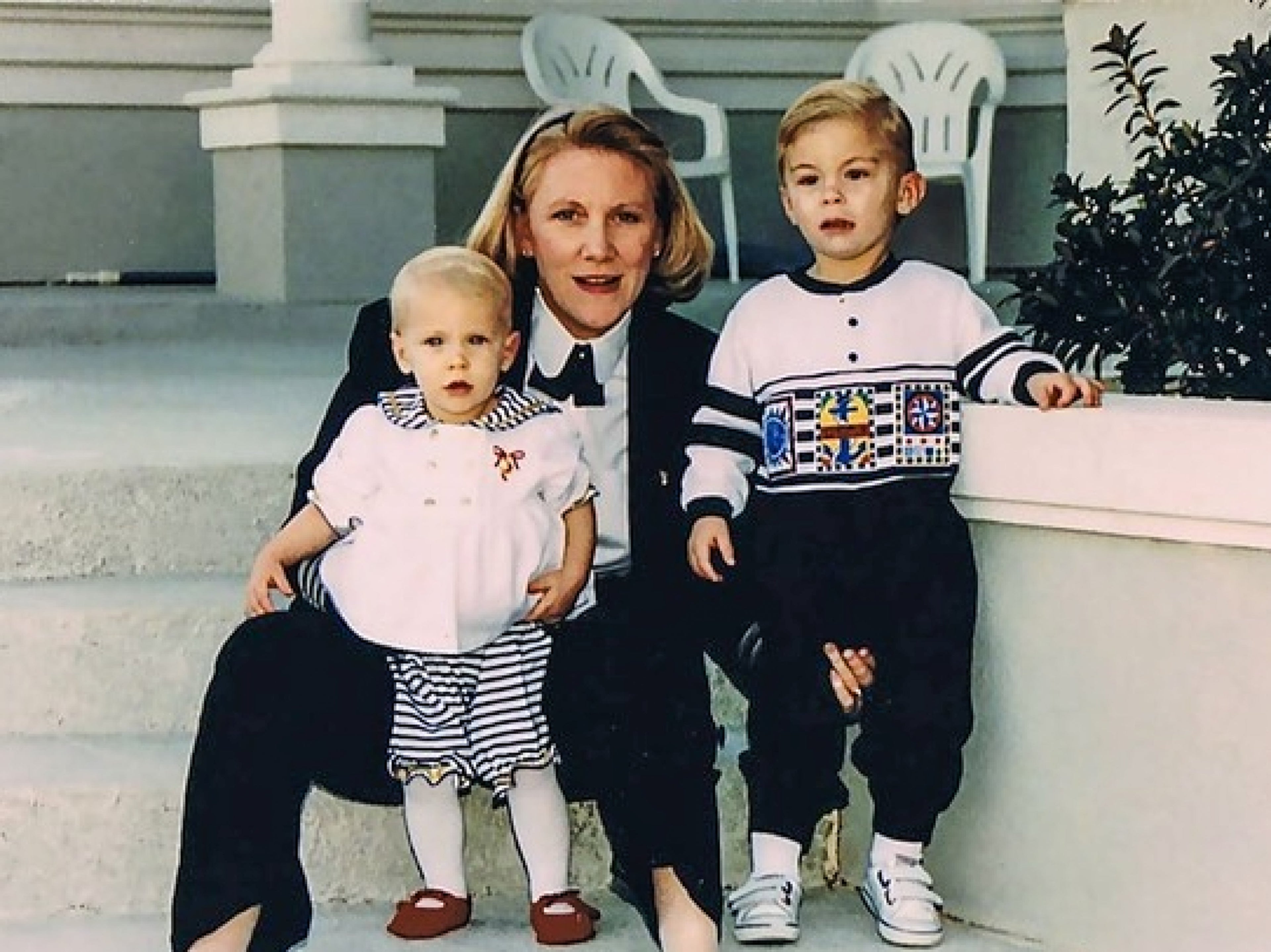
Bev credits authenticity for her personal experience in the industry. "This worked for me personally," she said, "But I found you have to be true to yourself. I never tried to be one of the guys. I always had my nails done, my jewelry on — I was a girl first, and I just happened to be a girl pilot. The male pilots and I had mutual respect for each other throughout my career."
While life became a lot more straightforward after Bev joined American, it wasn't without its hiccups. And without her signature determination, her career might have ended a lot sooner. On Sept. 11, "Captain Bev" was at the helm of an American Airlines flight from Paris to New York when news of the terrorist attacks arrived. Bev successfully diverted her passengers and the Boeing 777 to the tiny town of Gander, Newfoundland, in Canada — the story of which became the basis for Canadian musical Come from Away in 2015, which reached Broadway in 2017.
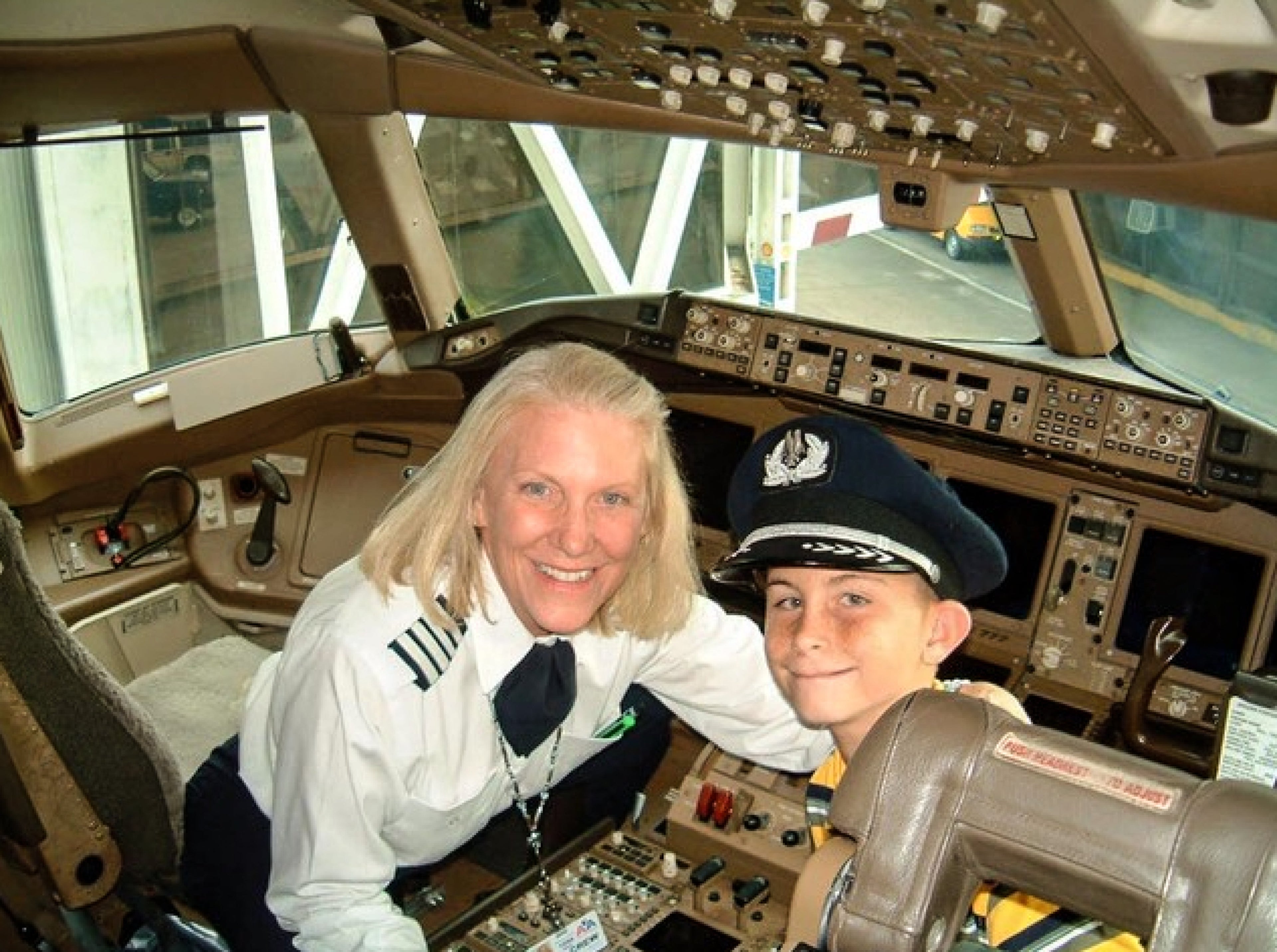
The musical is inspiring, but the reality of life after 9/11 was grim for many years, including in the aviation industry. "The airlines have what they call 'the lost decade,'" Bev told TPG, "where nearly every airline filed for bankruptcy — some not once, but twice — after 9/11." As a result of the financial hit, tens of thousands of employees across the nation were laid off, while hundreds of thousands more, including Bev, took a big pay cut for many years.
The experience had a profound impact on Bev and her family, especially for her young daughter Paige Stawicki, who was eight in 2001. "As a little girl, Paige always wanted to be a pilot," Bev said of her only daughter. "But Paige was eight when 9/11 happened, old enough to know what was going on, and she never mentioned wanting to be a pilot again until she was about to graduate from college."
So Paige attended the University of Georgia as a premed student, took her MCAT qualifying exams, and was all set to pursue a new career goal as a future plastic surgeon. But one day over the summer before Paige's senior year, Bev and Paige went to lunch where Paige confided to her mother, "Mom, I think I want to fly."
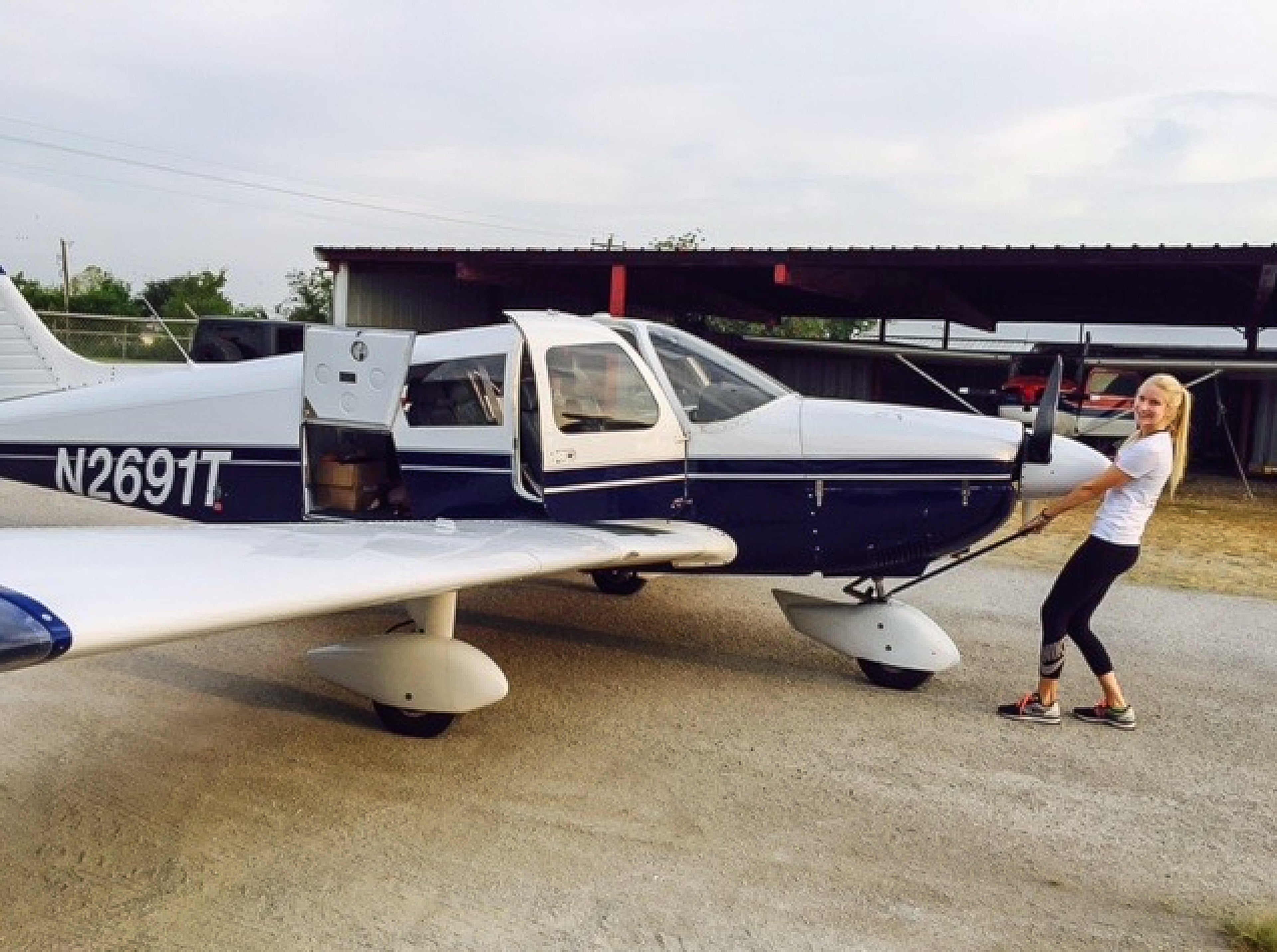
So in true Bev fashion, the mother-daughter duo immediately drove to the airport after lunch, Bev said, "and six weeks later, Paige had her license." Since she no longer planned to be a doctor, Paige took some of the money allocated toward her education and used it to purchase a Piper Cherokee 180.
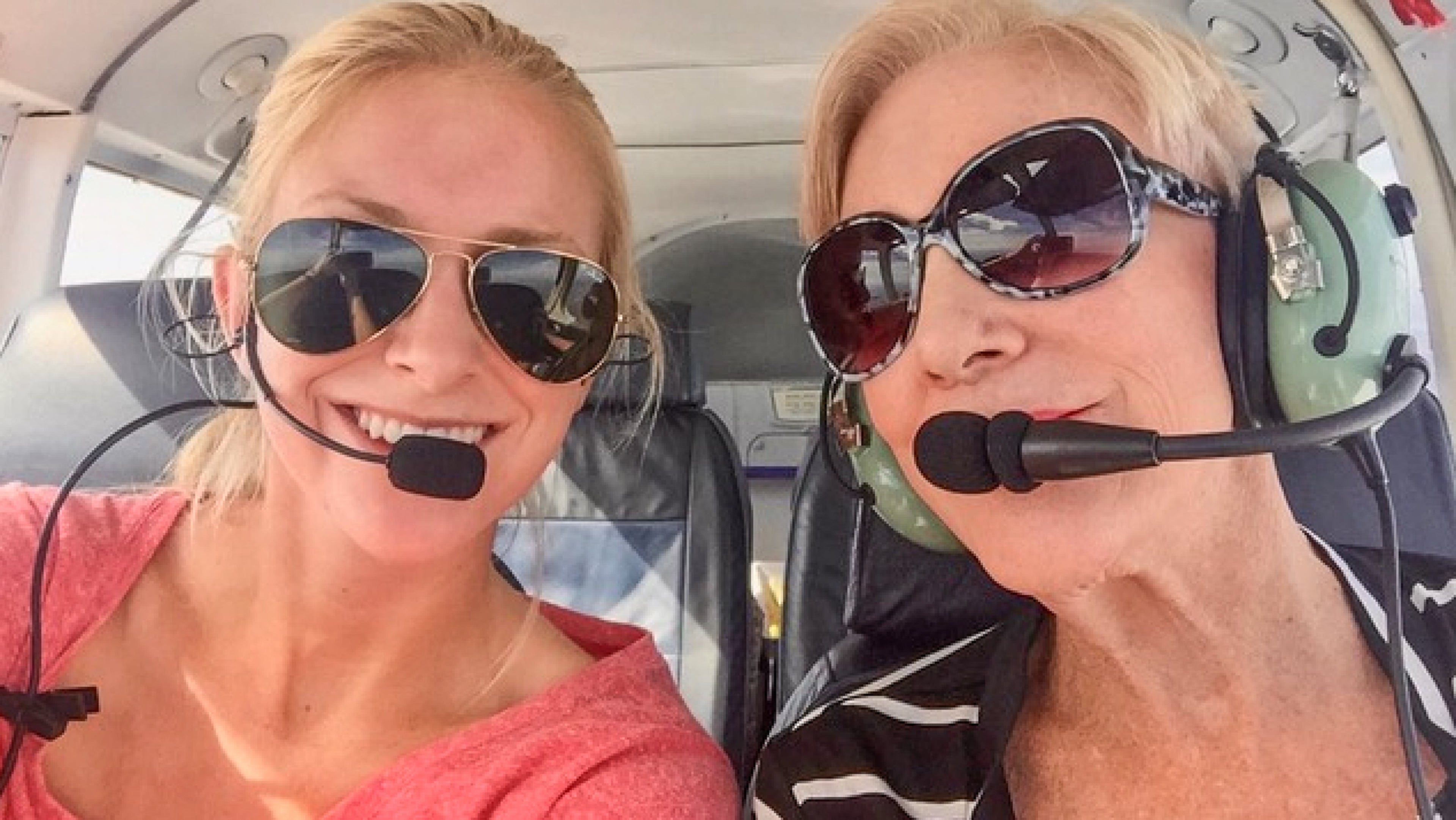
And instead of building up her flight hours flying freight across Texas and Oklahoma like her mother had, Paige took Bev on "lots of mom and daughter lunch dates," flying together to small towns. Today, Paige, now 27, is a captain for Envoy Air, the largest regional carrier for American Airlines.
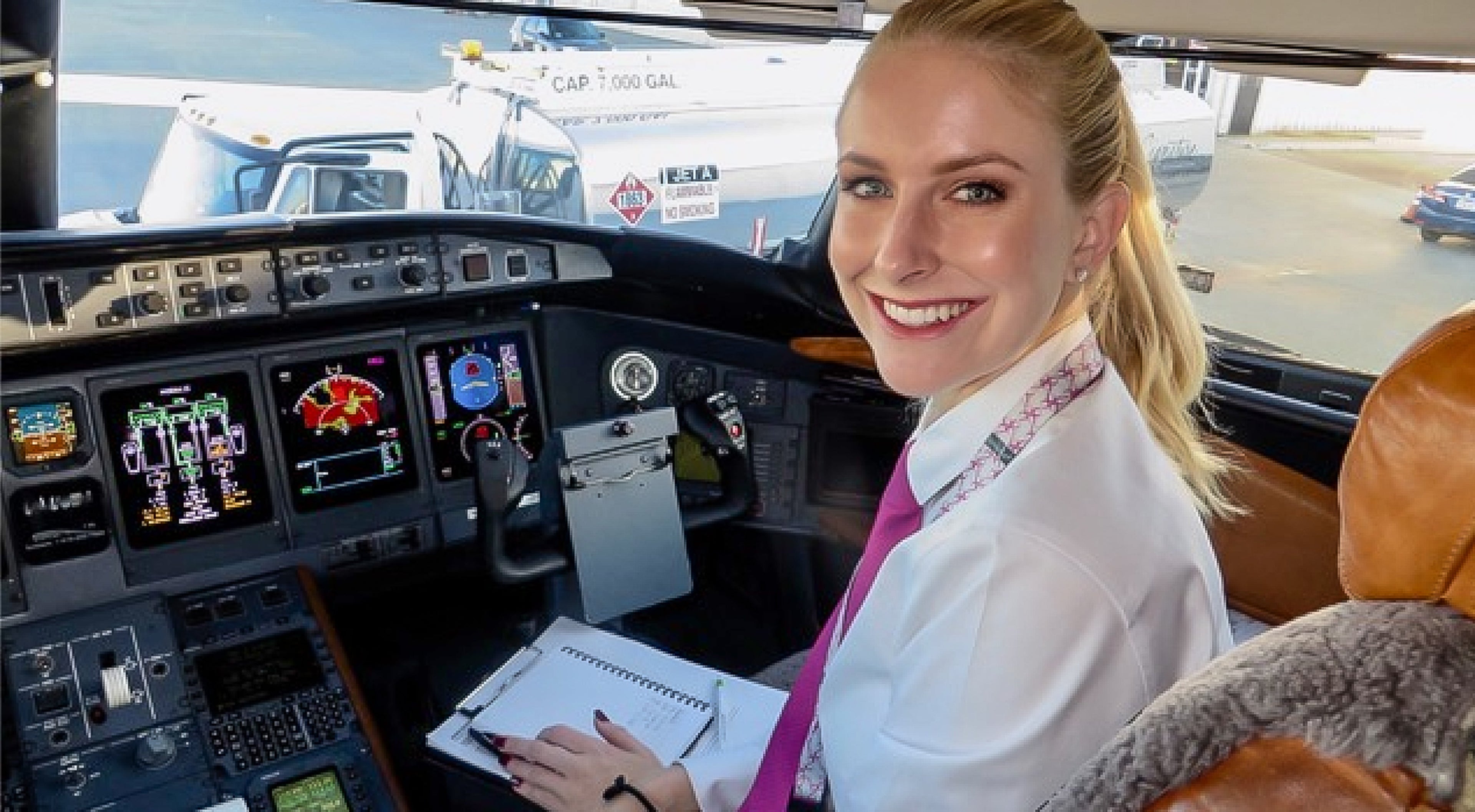
Paige isn't the only woman Bev has mentored into the industry — not by a long shot. Passionate about giving back to the women who follow in her footsteps, Bev co-founded the International Society of Women Airline Pilots (ISWAP) in 1978, when 21 women — 50 percent of the female pilots in the U.S. — attended the organization's first convention.
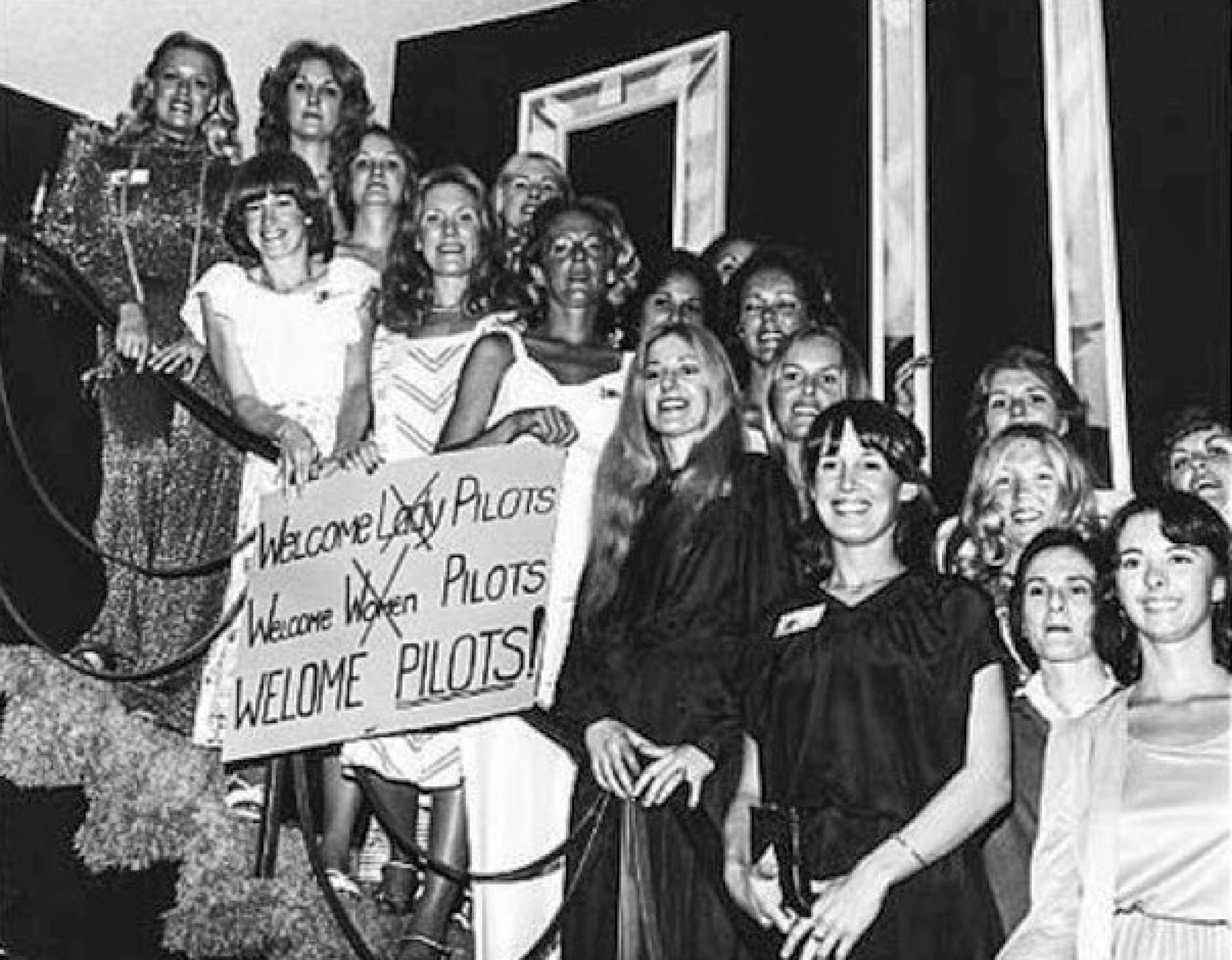
Today, ISWAP boasts 600 members, and alternates its convention destinations each year. "We always try to accommodate our international colleagues," Bev said. "Our 41st convention was in Sydney last year, this year's is hosted by UPS and will be held in Louisville, and next year's will be in Dublin."
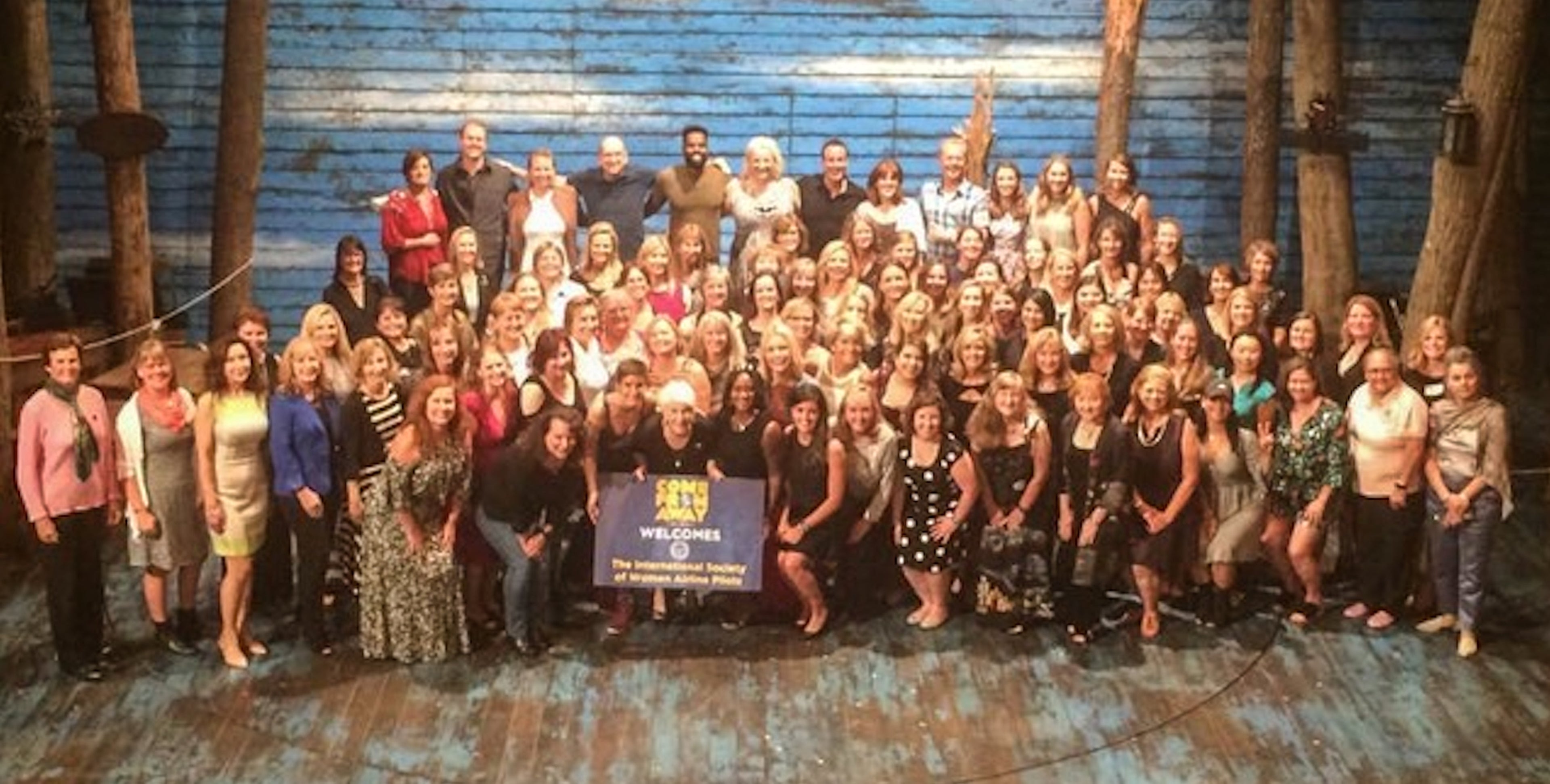
And while Bev is proud of ISWAP's members, she has another lofty goal in mind: She wants more. Women comprise less than 5% of American Airlines pilots, she told TPG, and female captains only represent 2% of the total number. "Our percentages are not good," Bev said, "and that's one of our goals — to increase those numbers."
One of the biggest barriers to entry for pilots is the financial cost of earning a license, and then paying for all the flight hours required. To that end, Bev has been raising money for scholarships for deserving young women who wish to enter the industry.
The recent loss of one young woman in particular has hit Bev hard. "A couple of months ago, we lost a female aviator," she told TPG. Francesca Norris, a 25-year-old pilot who was on the cusp of being hired by Envoy Air, the same regional carrier where Paige is a captain, had been instructing a student in a single-engine plane when the aircraft went down, killing both. Norris had been earning her flight hours as a flight instructor, just as Bev had done back in the day, and had also flown at the same flight school Paige flew with in Denton, TX. To honor Norris, Bev has begun organizing an annual scholarship in her name.
'Just one good thing after the next'
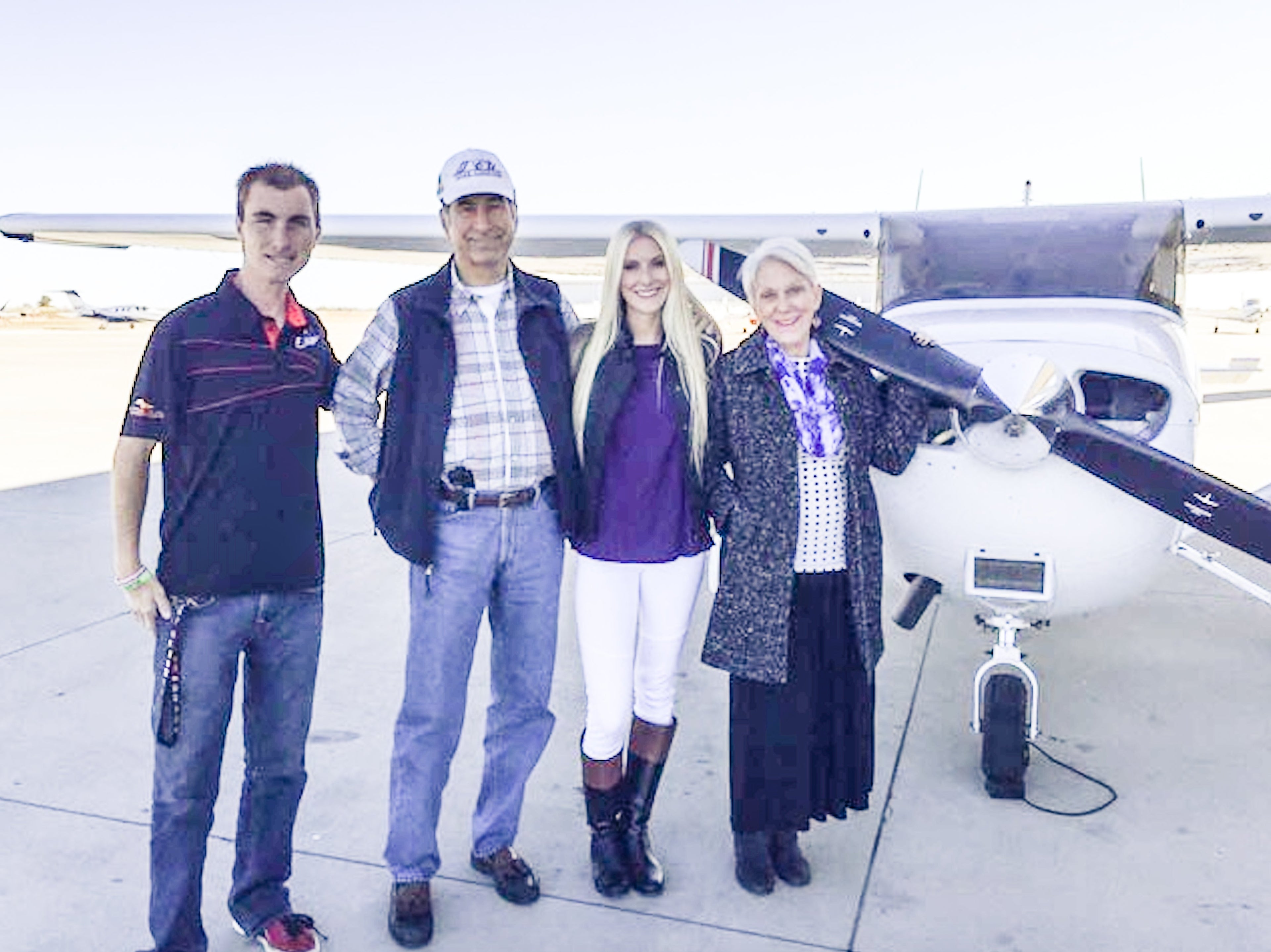
These days, Bev describes her life as "just one good thing after the next." Although she retired from American Airlines in 2008 and thought she'd be living "a quiet, peaceful life," the Come from Away musical drastically changed her life as well. "The show premiered in 2015, and there's no looking back," Bev told TPG. "My life has changed immensely."
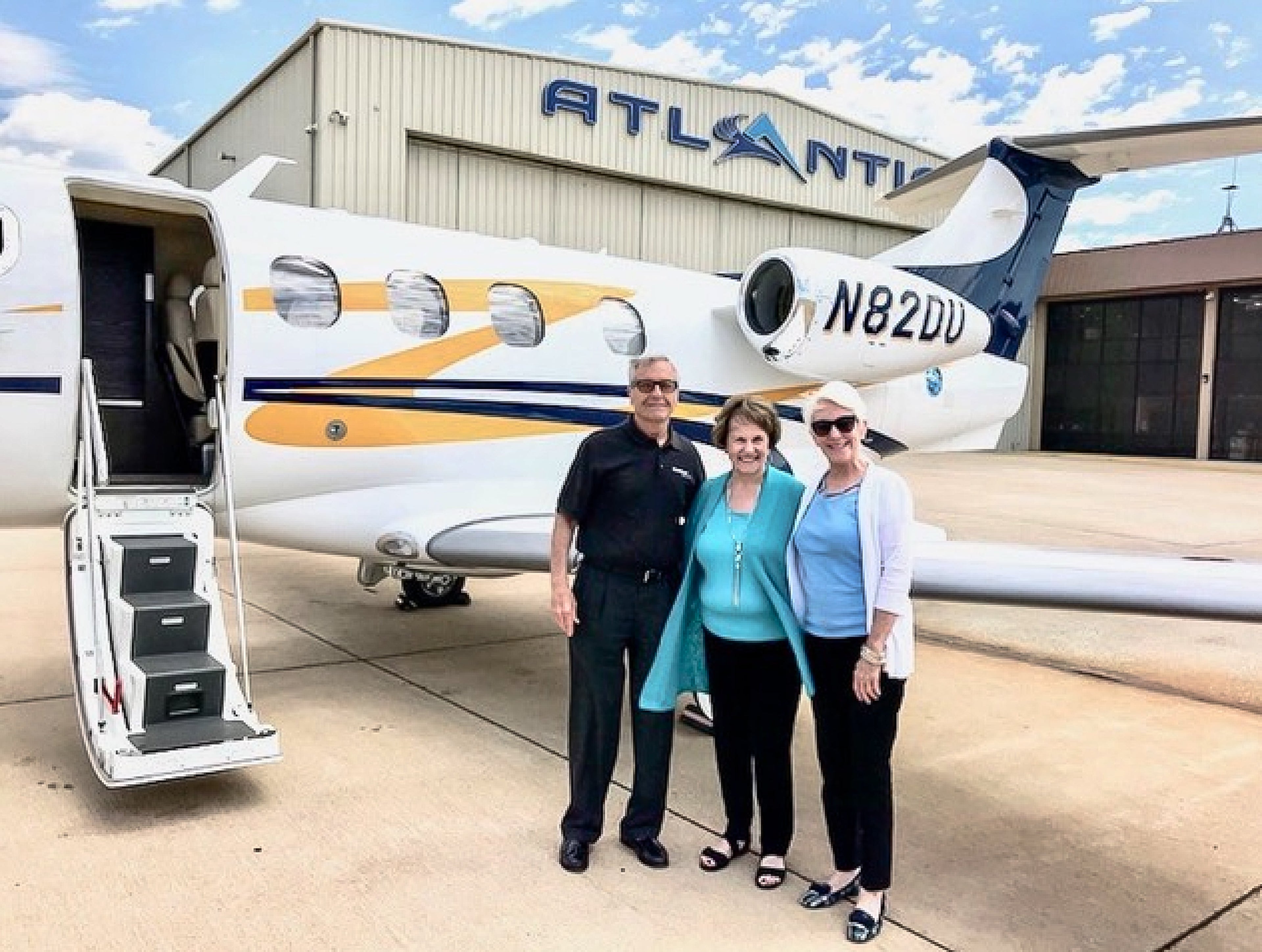
These days, Bev still takes to the air, but in the private sector: She is the co-pilot on a jet for an 83-year-old woman named Mo Anderson, who is "so tickled to have a pilot who is a woman." Bev has also written a children's book, Me and the Sky, to give children the opportunity to see that they can become anything they want to be.
"I still get to do what I love so much," Bev told TPG, "and continue to be grateful for the opportunity at this stage of my life."
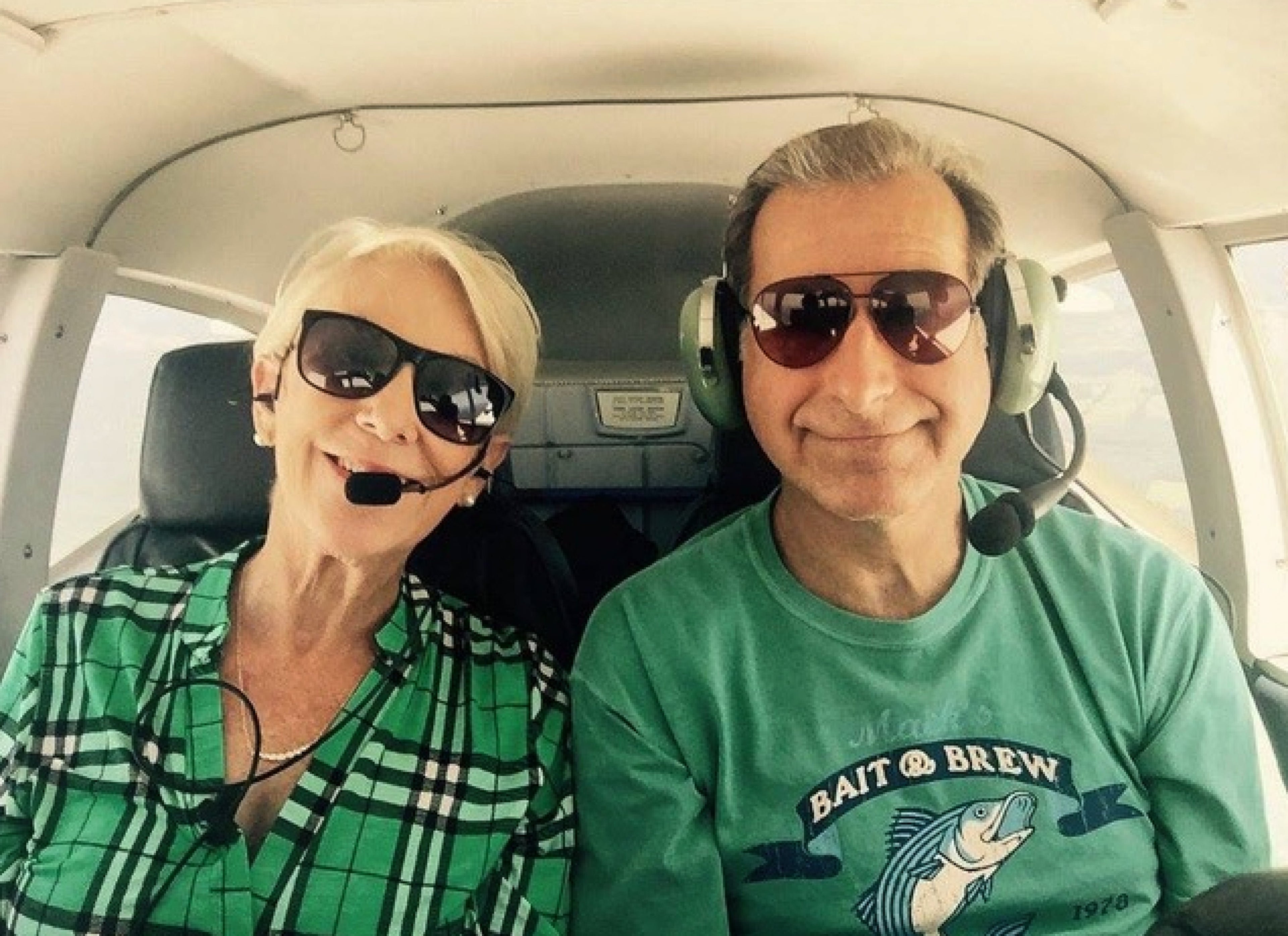
When asked what advice she would give to young people today, Bev said her answer is always the same. "It sounds so trivial to me, but it's really how I powered through [my whole career]," she told TPG. "You have to be very good at your job. You can't do it halfway. You have to be excellent at your job."
"Being the best means showing the most dedication."
All photos courtesy of Beverley Bass for The Points Guy.
TPG featured card
at Capital One's secure site
Terms & restrictions apply. See rates & fees.
| 5X miles | Earn 5X miles on hotels, vacation rentals and rental cars booked through Capital One Travel |
| 2X miles | Earn unlimited 2X miles on every purchase, every day |
Pros
- Stellar welcome offer of 75,000 miles after spending $4,000 on purchases in the first three months from account opening. Plus, a $250 Capital One Travel credit to use in your first cardholder year upon account opening.
- You'll earn 2 miles per dollar on every purchase, which means you won't have to worry about memorizing bonus categories
- Rewards are versatile and can be redeemed for a statement credit or transferred to Capital One’s transfer partners
Cons
- Highest bonus-earning categories only on travel booked via Capital One Travel
- LIMITED-TIME OFFER: Enjoy $250 to use on Capital One Travel in your first cardholder year, plus earn 75,000 bonus miles once you spend $4,000 on purchases within the first 3 months from account opening - that’s equal to $1,000 in travel
- Earn unlimited 2X miles on every purchase, every day
- Earn 5X miles on hotels, vacation rentals and rental cars booked through Capital One Travel
- Miles won't expire for the life of the account and there's no limit to how many you can earn
- Receive up to a $120 credit for Global Entry or TSA PreCheck®
- Use your miles to get reimbursed for any travel purchase—or redeem by booking a trip through Capital One Travel
- Enjoy a $50 experience credit and other premium benefits with every hotel and vacation rental booked from the Lifestyle Collection
- Transfer your miles to your choice of 15+ travel loyalty programs
- Top rated mobile app

